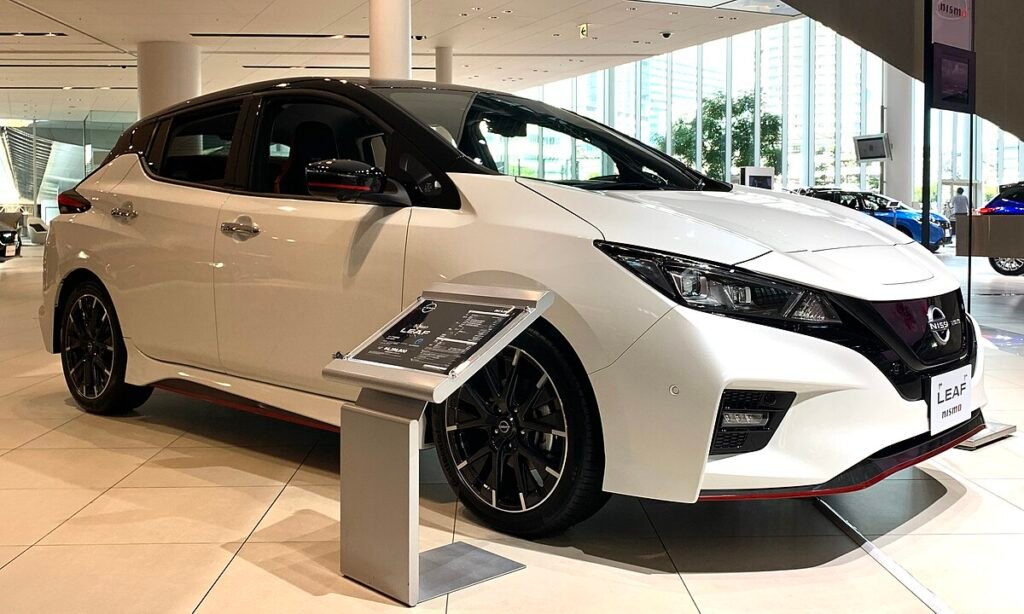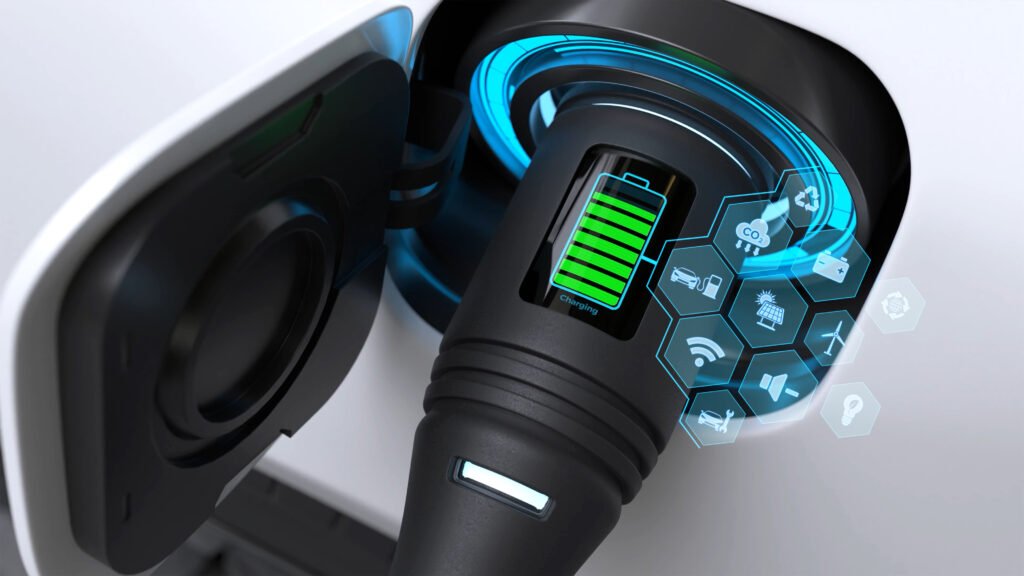The automotive world is undergoing a dramatic shift, with electric vehicles (EVs) taking center stage in the push toward sustainability and innovation. One of the pioneers of this movement is the Nissan Leaf, a fully electric hatchback that has been a popular choice for eco-conscious drivers since its debut in 2010. For many, leasing the Nissan Leaf is an appealing option, offering flexibility and affordability without a long-term commitment. But what exactly does a Nissan Leaf lease involve, and is it right for you?
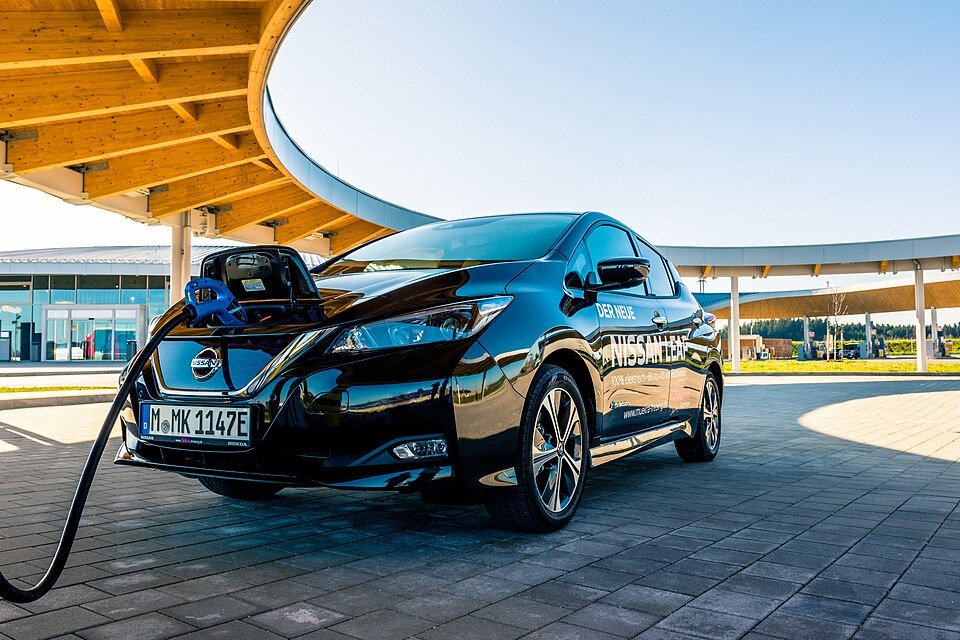
In this article, we’ll explore the ins and outs of leasing the Nissan Leaf, from benefits and challenges to real-world case studies and future trends in EV leasing.
What Is a Nissan Leaf Lease?
Leasing a car is different from buying. When you lease, you’re essentially renting the vehicle for a set period—often 24 to 36 months—with a fixed mileage limit and monthly payment. At the end of the lease, you can either return the car, purchase it at a pre-determined price, or upgrade to a newer model.
A Nissan Leaf lease allows drivers to enjoy all the advantages of driving an electric vehicle (EV) without the long-term ownership costs. This includes access to Nissan’s advanced battery technology, zero tailpipe emissions, and innovative features like regenerative braking and ProPILOT Assist.
For a broader perspective, leasing is common in many countries and is a major part of the automotive industry.
Key Benefits of a Nissan Leaf Lease
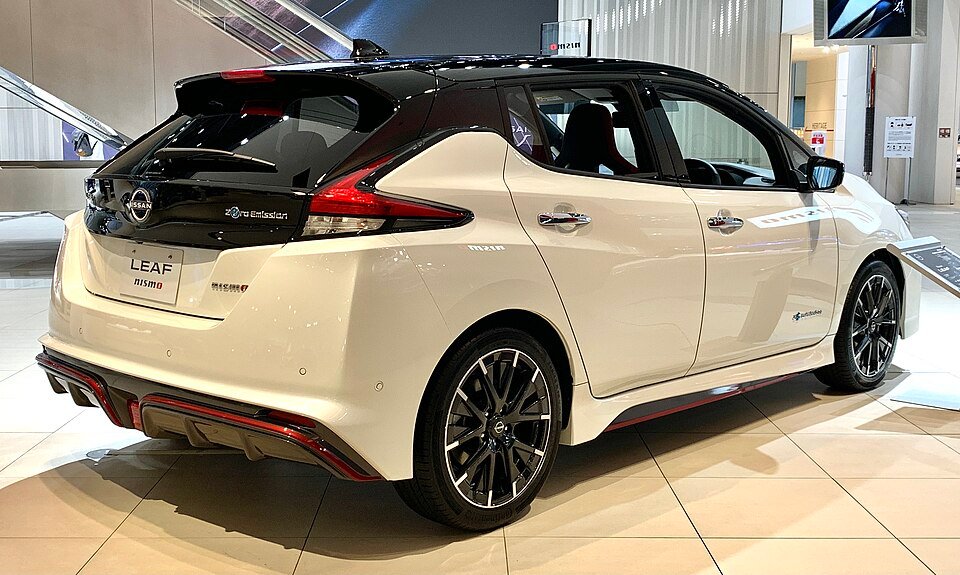
1. Lower Upfront Costs
Leasing typically requires a smaller down payment compared to buying, making it more budget-friendly for many drivers.
2. Access to the Latest Technology
EV technology evolves rapidly. A lease ensures you can upgrade to newer Nissan Leaf models every few years, always driving the latest version.
3. Reduced Maintenance Concerns
Leases generally cover the warranty period, meaning fewer repair costs. The Nissan Leaf’s electric drivetrain also has fewer moving parts than traditional internal combustion engines, lowering maintenance needs.
4. Incentives and Tax Credits
Depending on your location, you may benefit from federal or state EV incentives, which can lower lease payments. Some lease agreements apply these credits directly to reduce costs.
Challenges and Limitations
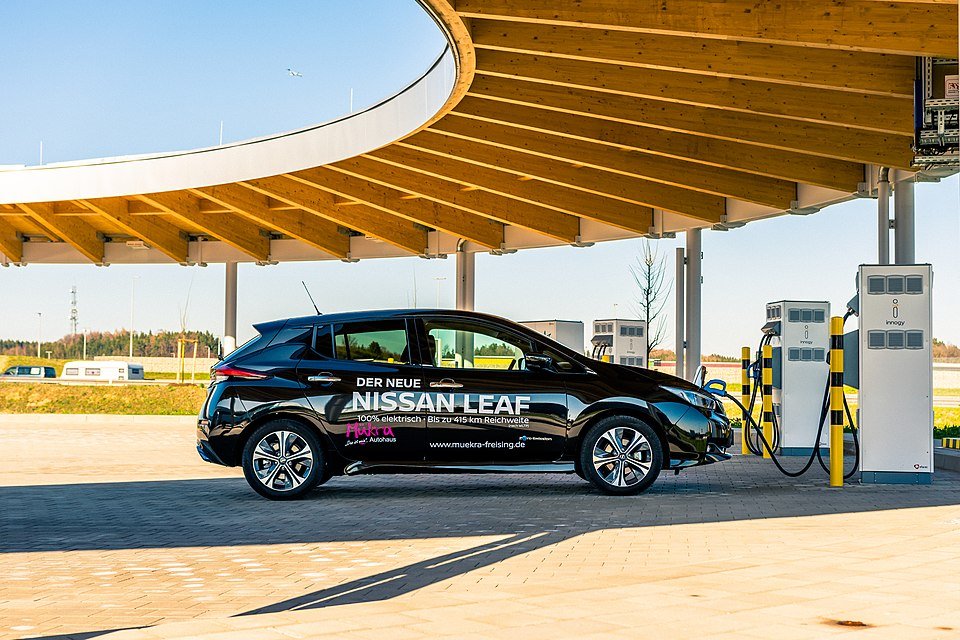
1. Mileage Restrictions
Most Nissan Leaf leases come with mileage limits, often around 10,000–15,000 miles per year. Exceeding these limits can lead to costly penalties.
2. No Ownership Equity
When leasing, you don’t build ownership equity in the vehicle. At the end of the lease, you return the car unless you choose to buy it.
3. Customization Limits
Leased cars generally cannot be modified. That means no aftermarket parts, custom paint jobs, or permanent upgrades.
4. Long-Term Costs
For drivers who plan to keep a vehicle for many years, buying may be more economical than leasing, since repeated leases add up.
Real-World Examples and Case Studies
- Case Study 1: Budget-Friendly Leasing
A family in California leased a 2023 Nissan Leaf with a $2,500 down payment and $249 monthly payments. Factoring in state EV incentives, their total cost was far lower than financing a purchase. - Case Study 2: Tech Upgrades Every 3 Years
An urban professional in New York City chose leasing because it allowed her to upgrade from an older Leaf model to the 2024 version with a longer range and improved infotainment system. - Case Study 3: Exceeding Mileage Limits
A commuter in Texas exceeded his lease’s mileage limit by 7,000 miles, resulting in extra fees. However, he still considered the lease worthwhile because of the savings on fuel and maintenance.
Future Trends and Predictions
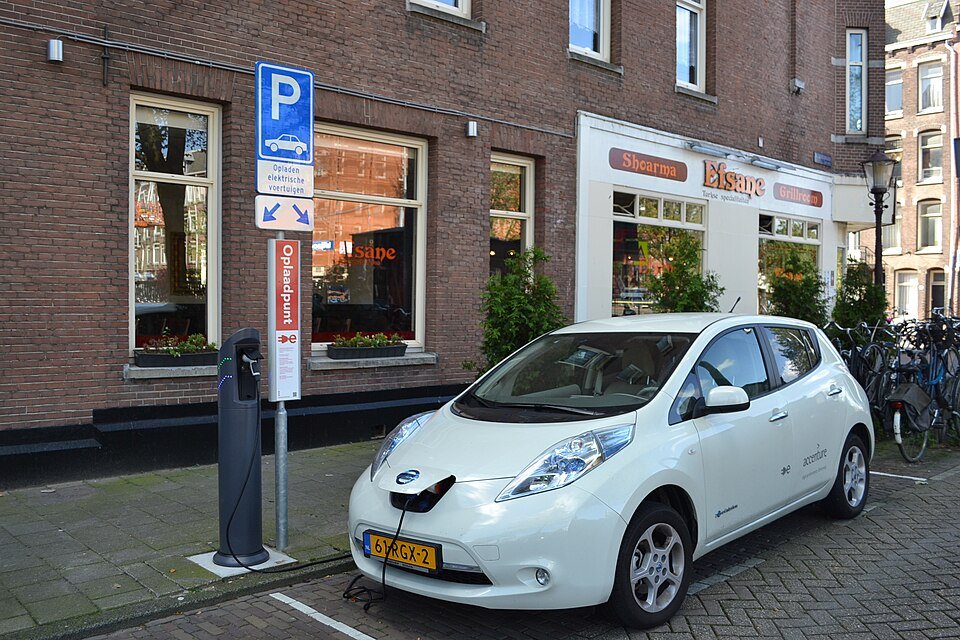
1. Increasing Popularity of EV Leasing
As EV adoption grows, leasing will likely become more common. Automakers may expand leasing options to attract new customers to electric vehicles.
2. Declining Battery Costs
With advancements in battery technology, the cost of producing EVs like the Nissan Leaf is expected to fall, leading to even more affordable lease deals.
3. Flexible Lease Terms
The future may bring more flexible leasing structures, including mileage rollovers, shorter commitments, or even subscription-style services.
4. Integration with Renewable Energy
As renewable energy sources become more widespread, leasing a Nissan Leaf may come with additional perks, such as discounted home charging packages or energy credits.
FAQ – Nissan Leaf Lease
How much does it cost to lease a Nissan Leaf?
Lease deals vary by location, trim level, and incentives. On average, monthly payments range from $200 to $350, often with a modest down payment.
Is it better to lease or buy a Nissan Leaf?
Leasing is ideal if you want lower monthly payments and frequent upgrades. Buying may be better if you plan to keep the car for many years and want ownership equity.
What happens at the end of a Nissan Leaf lease?
You can return the vehicle, purchase it at the residual value, or upgrade to a newer Leaf model under a new lease.
Does a Nissan Leaf lease include battery coverage?
Yes. The lease typically covers the warranty period, which includes the battery. Nissan provides an 8-year/100,000-mile battery warranty.
Can I get incentives when leasing a Nissan Leaf?
Yes. Federal tax credits and state incentives often apply to leases, lowering your monthly payments. Check with your dealer for availability.
Conclusion
Leasing the Nissan Leaf offers drivers a flexible, affordable, and environmentally friendly way to experience electric mobility. With benefits like lower upfront costs, access to the latest technology, and reduced maintenance expenses, a Nissan Leaf lease makes sense for many modern drivers.
While challenges like mileage limits and lack of ownership equity exist, the ability to upgrade frequently and take advantage of incentives makes leasing a compelling option. As the EV landscape continues to evolve, leasing will likely play an even larger role in the transition to a cleaner, more sustainable automotive future.
If you’re considering going electric, a Nissan Leaf lease might be the perfect starting point.

